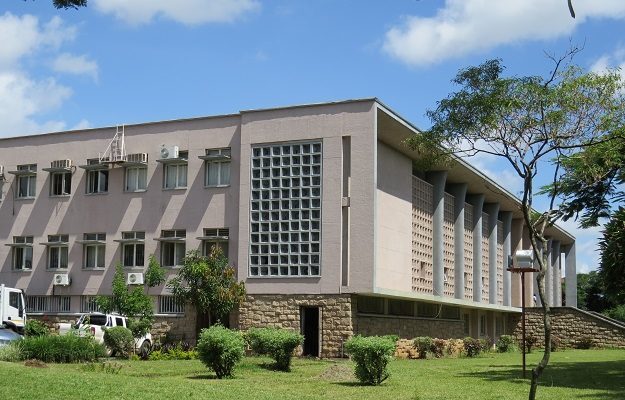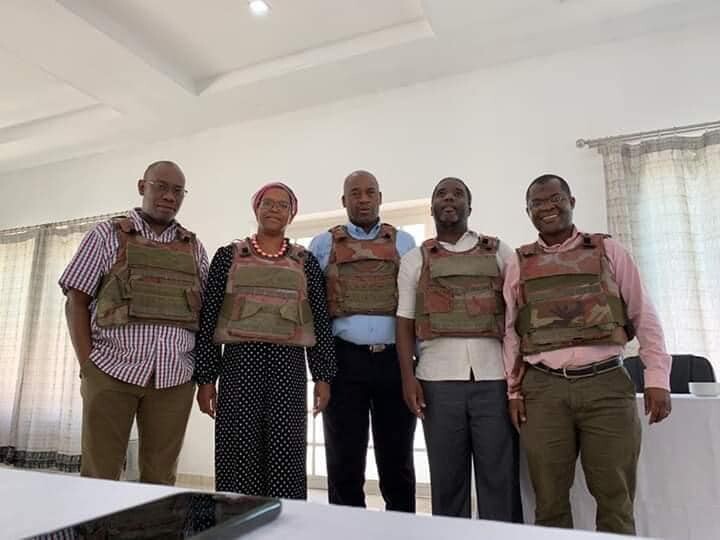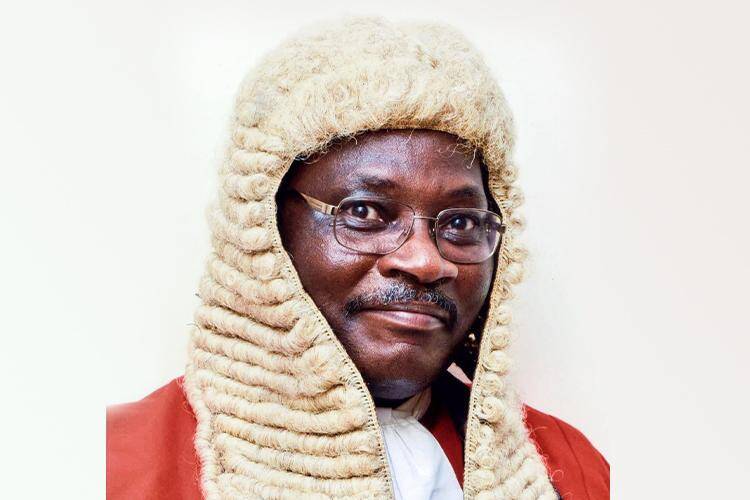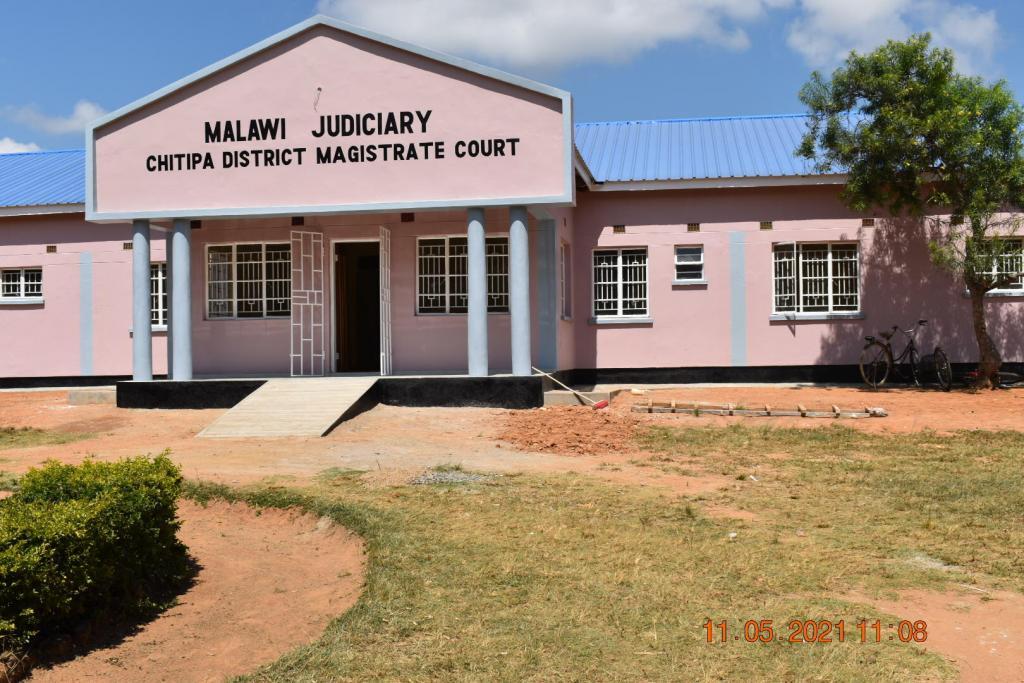
The Malawi judicial system follows a common law legal system in which the court serves as a final independent arbitrator. In this setting, the accused and the complainant must present facts, similar applicable cases, and appropriate evidence to convince the court to arrive at a fair and just verdict. But are Malawians truly receiving the anticipated and desired fair justice in our courts? If not, where does the problem lie? This endeavor aims to highlight the anomalies in our judicial system and provide recommendations for the way forward.
The Positives about the Malawi Judiciary
It is fair to observe that the Malawi Judiciary has made strides to ensure that justice is accessible to all Malawians. However, more needs to be done and implemented.
Furthermore, it should be acknowledged that there are judiciary staff members who have displayed integrity, honesty, and impartiality in their pursuit of justice. For instance, Justice Msosa, the former Chairperson of the Malawi Electoral Commission (MEC), competently managed at least two Tripartite General elections. She also produced an impartial report when called from retirement by former President Peter Mutharika to chair a commission of inquiry on the allegations of misprocurement of 100,000 metric tonnes of maize from Zambia worth 26 billion Malawi Kwacha. These individuals deserve recognition for their professionalism and integrity.

Memories are still fresh when Malawi was in the spotlight, as the Constitutional Court audaciously annulled the 2020 disputed presidential elections amid a litany of judicial controversies. This ruling clearly changed the country’s political and judicial landscape.
The establishment of the Special Economic and Financial Crime Court is another significant step forward, although there are concerns that corruption may find a conducive environment in such courts. Regular checks and balances may need to be implemented.
The Justice System That Perpetuates Injustice
Despite the positive strides in our judicial system, everything is not rosy. There are still some gray areas that need urgent attention.
Unwarranted Court Orders and Injunctions
Many Malawians are losing trust in the judicial system, especially when court orders and injunctions are granted to protect suspects from being investigated and prosecuted by legally instituted law enforcement and investigation agencies, including the Anti-Corruption Bureau (ACB) and the Malawi Police Service (MPS). What benefit does society derive from such selfish and egocentric acts of shielding corruption suspects like Zunneth Sattar and Kezzie Msukwa?
Frankly speaking, the proceeds from such corrupt acts could have been channeled towards improving our dilapidated road network and public health facilities. These obnoxious court orders and injunctions have the potential to infringe on citizens’ civil rights to access government amenities. Such acts of organized crime may be perceived as tantamount to crimes against humanity.
Inept Leadership
In one of my previous articles, Malawians expressed concerns about former Chief Justice Andrew Nyirenda, suggesting that he fell short of competency when he allowed the lower court, the 2020 Constitutional Court, to override the earlier decisions of the Supreme Court, which was then headed by former Chief Justice Richard Banda, regarding the interpretation of the word “majority” in our constitution.
It now seems that we are caught in the same vicious circle of inept leadership, as our current Chief Justice, Rezine Mzikamanda, has failed to implement his own directive that all overdue cases must be prioritized and disposed of within 90 days. It has been over a year, and nothing has been done on the ground.

Instead, we heard that our Chief Justice was merely preaching against corruption at a certain church gathering a week ago, without taking any legal action against the vice that falls within his own jurisdiction.
Inaccessible Court Justice
According to the 2022 Malawi Country Human Rights report, there are about 630 licensed lawyers for a population of 18 million people. Clearly, many Malawians are not adequately represented in court by competent lawyers. In addition, many Malawians cannot afford to hire a lawyer, and are therefore forced to represent themselves in court. This puts them at a significant disadvantage, as they are not familiar with the law or the court process. It must be emphasized that having a fair and just trial is one’s civil right.
Inequality
It appears that our courts dispense justice based on one’s social status. How many poor convicts have been granted bail? All we know is that convicts like former Minister Ralph Kasambara and wealthy businessman Thom Mpinganjira have been on bail for years without any scheduled trial date.
There are also significant disparities in sentencing for similar offenses between the elite and the poor. For example, in 2021, Magistrate Florence Msekandiana sentenced James Miles and Lingston Misomali to 9 years’ imprisonment with hard labor for possessing 11 bags of Chamba. On the other hand, Principal Resident Kandulu in 2022 ordered Anderson Chikungu to pay only MK200,000.00 for being found with 16 bags of Chamba.
Where is the consistency in sentencing in such cases? This inequality in the judicial system is a major concern for many Malawians. It undermines the public’s trust in the judiciary and makes it difficult to ensure that justice is served for all Malawians.
A Corrupt Judicial System
Another factor that contributes to inequality in the judicial system is corruption. There have been high-profile cases of corruption involving judges and other members of the judiciary. This has eroded public trust in the judiciary and made it difficult to ensure that justice is served fairly.
Justice Delayed is Justice Denied
There are many cases that have been stagnant in our judicial system. It is bewildering that after decades of finding no evidence to implicate former President Bakili Muluzi, the suspect himself pleads guilty by paying back a negligible 86 Million Kwacha out of the suspected swindled 1.7 billion Kwacha. One wonders if the ACB and the Judiciary are serious about ensuring that justice is served.
The Way Forward
The Chief Justice, Rezine Mzikamanda, has the responsibility to assert his position and harmonize inconsistent judgments within his jurisdiction.
Since the monopoly of training lawyers at Chancellor College (University of Malawi) has led to nepotism, corruption, and cronyism in the Judiciary, law degree courses should be introduced in all public universities.
As an extension of the previous recommendation, the intake of law students must be increased in all public universities to address the scarcity of lawyers in the country.
All judges suspected of being involved in corruption must be suspended to allow for thorough investigations.
Court orders and injunctions that restrain legally mandated law enforcement institutions such as the ACB and MPS from investigating a suspect should not be entertained, as they lead to a miscarriage of justice.
As previously mentioned, the three arms of government have a constitutional responsibility to check each other for anomalies. The parliamentary legal committee must work alongside the Chief Justice to ensure that justice is administered without fear, prejudice, or favor, addressing all inequalities such as social status and political affiliation.

The Director General of ACB, the Director of Public Prosecution, and the Chief Justice must collaborate to expedite overdue cases.
The government must ensure that adequate financial and human resources are available to the Judiciary and other law enforcement agencies. To address the inequality in the judicial system, the government of Malawi could also provide more funding for legal aid. This would make it possible for more Malawians to afford legal representation. The government could also implement stricter anti-corruption measures to deter corruption in the judiciary.
Lastly, the judiciary and other law enforcement agencies must embrace technology, as cybercrime is increasing in this Fourth Industrial Generation globally. However, this topic is beyond the scope of this article.
Conclusion
The Malawi judicial system is facing a number of challenges, including corruption, inefficiency, and inequality. These challenges are undermining the public’s trust in the judiciary and making it difficult to ensure that justice is served for all Malawians.
The recommendations outlined in this article are designed to address these challenges and strengthen the Malawi judicial system. By implementing these recommendations, the Malawi government can help to ensure that the judiciary is fair, just, and accessible to all Malawians.
Feedback: [email protected]













